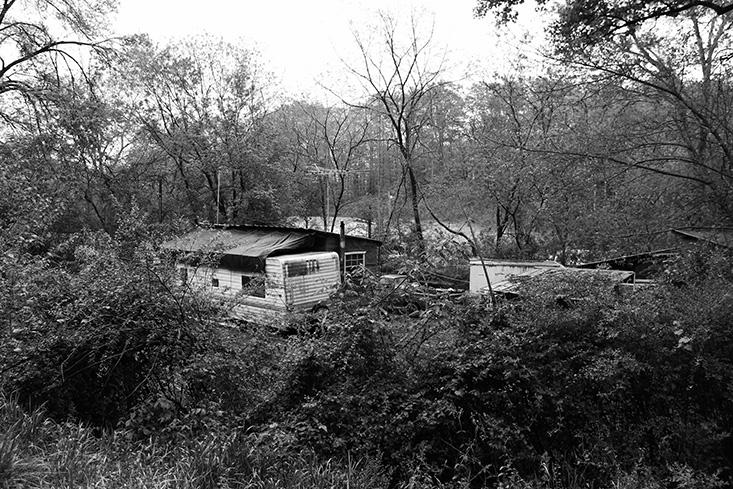Welcome to DU!
The truly grassroots left-of-center political community where regular people, not algorithms, drive the discussions and set the standards.
Join the community:
Create a free account
Support DU (and get rid of ads!):
Become a Star Member
Latest Breaking News
Editorials & Other Articles
General Discussion
The DU Lounge
All Forums
Issue Forums
Culture Forums
Alliance Forums
Region Forums
Support Forums
Help & Search
General Discussion
Related: Editorials & Other Articles, Issue Forums, Alliance Forums, Region ForumsBiology of Poverty

"Class was a single room of 20 people running from kindergarten through twelfth grade, part of an unaccredited school practicing what’s called Accelerated Christian Education. We were given booklets to read to ourselves, by ourselves. We scored our own homework. There were no lectures, and I did not have a teacher. Once in a while the preacher’s wife would hand out a test. We weren’t allowed to do anything. There were no movies, and no music. Years would pass with no distinguishing features, no events. There was barely any socializing.
On top of it all, I spent a lot of my time pondering basic questions. Where will my next meal come from? Will I have electricity tomorrow? I became intimately acquainted with the embarrassment of my mom trying to hide our food stamps at the grocery store checkout. I remember panic setting in as early as age 8, at the prospect of a perpetual uncertainty about everything in life, from food to clothes to education. I knew that the life I was living couldn’t be normal. Something was wrong with the tiny microcosm I was born into. I just wasn’t sure what it was.
That "Something" was biological poverty.
"...stresses associated with poverty have the potential to change our biology in ways we hadn’t imagined. It can reduce the surface area of your brain, shorten your telomeres and lifespan, increase your chances of obesity, and make you more likely to take outsized risks.
Now, new evidence is emerging suggesting the changes can go even deeper—to how our bodies assemble themselves, shifting the types of cells that they are made from, and maybe even how our genetic code is expressed, playing with it like a Rubik’s cube thrown into a running washing machine. If this science holds up, it means that poverty is more than just a socioeconomic condition. It is a collection of related symptoms that are preventable, treatable—and even inheritable. In other words, the effects of poverty begin to look very much like the symptoms of a disease."
http://nautil.us/issue/47/consciousness/why-poverty-is-like-a-disease
5 replies
 = new reply since forum marked as read
Highlight:
NoneDon't highlight anything
5 newestHighlight 5 most recent replies
= new reply since forum marked as read
Highlight:
NoneDon't highlight anything
5 newestHighlight 5 most recent replies
Biology of Poverty (Original Post)
packman
Apr 2017
OP
Solly Mack
(96,759 posts)1. K&R
Wounded Bear
(64,123 posts)3. K & R ...... nt
d_r
(6,908 posts)4. I just want to bump this
I think it is a very good read. There is still more that could be said about the achievement gap, and our bandaids and rulers we pretend to be fixing it with, but this is a good start.
2naSalit
(101,808 posts)5. K&R